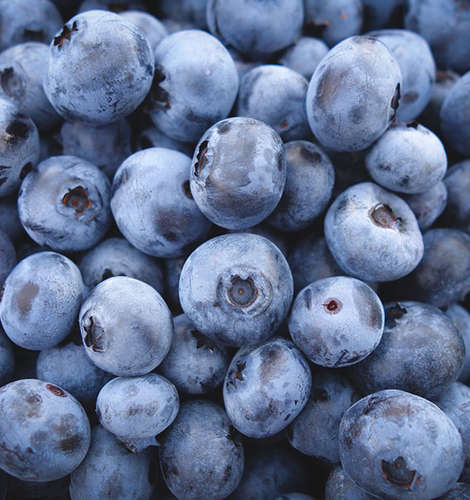All cells in the body need sugar (glucose), amino acids (proteins), fatty acids, vitamins, and minerals for maintaining and building cell structures, and for functioning. When the body is deficient in any nutrient, as in anemia, the brain suffers.
A balanced diet of food from the different food groups, (proteins, carbohydrates, fats, vegetables, fruits, and whole grain products), recommended daily intake of vitamins and minerals, and regular eating schedule are all important for total body health and brain function.
Vegetables and fruits
Free radicals result from oxidative stress and can damage neurons and affect brain function. Antioxidants can neutralize free radicals and are believed to help slow memory decline with aging.
According to the Society for Neuroscience, antioxidant-rich fruits and vegetables, including strawberries, blueberries and spinach, improve the memory performance of mice. Preliminary studies have also shown that these foods may have beneficial effects on Alzheimer’s disease.
As for vitamins, results from animal studies support the use vitamins C and E, of for improvement of memory. However, human studies are not conclusive. In general, antioxidant supplements seem to have a beneficial effect on memory in older people.
For pregnant women & infants
Special attention must be paid to the nutritional needs of pregnant women and infants. It has been proven that folate (a vitamin) deficiency increases the risk of neural tube defects, a central nervous system malformation, in the fetus. Increased intake of folate is recommended. Foods rich in folate include tomatoes, leafy green vegetables, and grain products.

